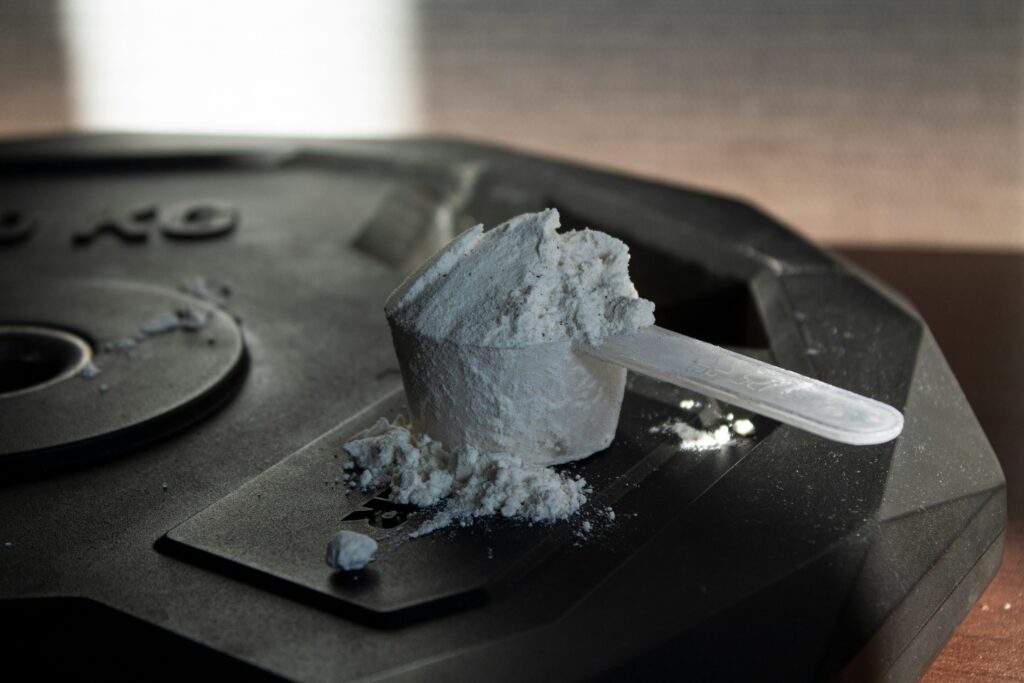Now Reading: Importance of Protein in Addiction Recovery
-
01
Importance of Protein in Addiction Recovery
Importance of Protein in Addiction Recovery

Learn the importance of protein in addiction recovery. Support healing, rebuild muscles, balance mood, and reduce cravings with protein-rich nutrition.
Introduction
Recovering from addiction involves more than just staying sober—it means rebuilding your health, energy, and emotional balance. While therapy, medication, and peer support are essential, what you eat also plays a major role in healing. One key nutrient stands out: protein. Understanding the importance of protein in addiction recovery can help you make better food choices that support long-term sobriety.
How Addiction Affects the Body
Substance use takes a heavy toll on the body. It weakens muscles, disrupts digestion, damages organs, and depletes essential nutrients. People in early recovery often struggle with:
- Muscle loss and fatigue
- Blood sugar instability
- Poor appetite
- Low mood and anxiety
- Cravings and sleep disturbances
Protein is one of the most important nutrients that can help reverse these effects. It provides the building blocks the body needs to repair, recover, and grow stronger.
Why Protein Is Essential in Recovery
Protein is made up of amino acids, which are necessary for repairing tissues, producing hormones, and supporting brain function. During recovery, your body works overtime to rebuild what’s been damaged—making protein a must.
1. Rebuilds Muscle and Tissue
Drug and alcohol use can lead to malnutrition and muscle loss. Protein helps restore lean muscle mass, supports physical strength, and improves energy levels.
📊 A study in Nutrition Research (2017) found that individuals recovering from substance use had significantly reduced muscle mass and needed higher protein intake to support regeneration 1.
2. Regulates Mood and Reduces Anxiety
Protein affects the production of neurotransmitters like serotonin and dopamine—chemicals that impact mood, sleep, and motivation.
- Tryptophan (an amino acid in protein) helps produce serotonin, a calming chemical.
- Tyrosine helps produce dopamine, which supports focus and pleasure.
People in recovery often have depleted neurotransmitter levels, making protein essential for mood stability.
3. Supports Stable Blood Sugar Levels
High-carb, low-protein diets can cause blood sugar spikes and crashes. These fluctuations can lead to irritability, fatigue, and increased cravings for both sugar and substances.
Protein slows digestion, keeps you full longer, and helps maintain balanced energy throughout the day.
4. Reduces Cravings
Protein can act as a natural appetite suppressant. It helps reduce cravings by stabilizing blood sugar and providing steady energy. This is crucial during early recovery when emotional and physical cravings are intense.

Best Sources of Protein for Addiction Recovery
Choosing high-quality, nutrient-dense protein is key. Here are some of the best sources to include in your recovery diet:
🍗 Lean Animal Proteins
- Chicken
- Turkey
- Eggs
- Fish (salmon, tuna, sardines)
- Greek yogurt
These sources are rich in complete proteins and essential amino acids that support brain and body repair.
🥦 Plant-Based Proteins
- Lentils
- Chickpeas
- Quinoa
- Tofu
- Tempeh
- Nuts and seeds
Plant-based proteins also offer fiber and antioxidants, making them a smart choice for recovery meals.
✅ Tip: Combine plant proteins (like rice and beans) to create a complete amino acid profile.
How Much Protein Do You Need?
The recommended daily intake varies by body weight and activity level, but a general guide is:
- 0.8–1.2 grams of protein per kilogram of body weight
- For someone weighing 70 kg (154 lbs), that’s around 56–84 grams of protein per day
During recovery, your needs may be higher due to tissue repair and emotional demands. Always consult a dietitian or healthcare provider for personalized advice.
Sample High-Protein Meal Plan for Recovery
Here’s a simple day of meals focused on the importance of protein in addiction recovery:
| Meal | Example | Protein (approx.) |
|---|---|---|
| Breakfast | Scrambled eggs with spinach and whole grain toast | 20g |
| Snack | Greek yogurt with berries and chia seeds | 15g |
| Lunch | Grilled chicken breast with quinoa and veggies | 30g |
| Snack | Hummus with carrots or almonds | 8–10g |
| Dinner | Baked salmon with sweet potato and broccoli | 25g |
Practical Tips to Boost Protein Intake
- 🥄 Add protein powder to smoothies (choose unsweetened, clean-label brands)
- 🍳 Cook in batches: Prep hard-boiled eggs or grilled chicken for easy meals
- 🥣 Mix nuts or seeds into oatmeal or yogurt
- 🍛 Add beans or lentils to soups, stews, or salads
- 🧀 Keep snacks like string cheese or protein bars on hand (watch sugar content)
Scientific Support for Protein in Recovery
- A 2016 paper in Journal of Substance Abuse Treatment confirmed that protein-rich diets support better sleep, reduce cravings, and enhance overall treatment success 2.
- According to the American Journal of Clinical Nutrition, amino acids from protein support neurotransmitter function, which is critical during addiction recovery 3.
These studies confirm the critical importance of protein in addiction recovery, especially during the early stages.
Common Pitfalls to Avoid
- ❌ Relying on processed meats (like hot dogs or bacon), which may increase inflammation
- ❌ Eating too many sugary “protein” bars—check for high sugar or artificial additives
- ❌ Skipping meals, which causes energy crashes and increases cravings
Final Thoughts
Understanding the importance of protein in addiction recovery empowers individuals to nourish both body and mind. Protein helps rebuild muscles, balance mood, reduce cravings, and support long-term health. It’s not just a nutrient—it’s a vital recovery ally.
By making mindful, protein-rich food choices, individuals in recovery can take control of their healing journey—one meal at a time.
References
- McClain, C. J., et al. (2017). Nutrition and muscle health in addiction recovery. Nutrition Research, 44, 35–41. ↩
- Magill, M., et al. (2016). The role of nutrition in substance use recovery. Journal of Substance Abuse Treatment, 69, 87–94. ↩
- Fernstrom, J. D. (2013). Amino acids and brain neurotransmitters. American Journal of Clinical Nutrition, 98(2), 562S–568S. ↩

Hi, I’m Kristi Jenkins, a passionate blogger and content writer with a love for storytelling. With years of experience in writing engaging and insightful articles, I focus on topics like mental health, lifestyle, and personal growth. My goal is to create content that inspires, educates, and connects with readers on a deeper level.

























